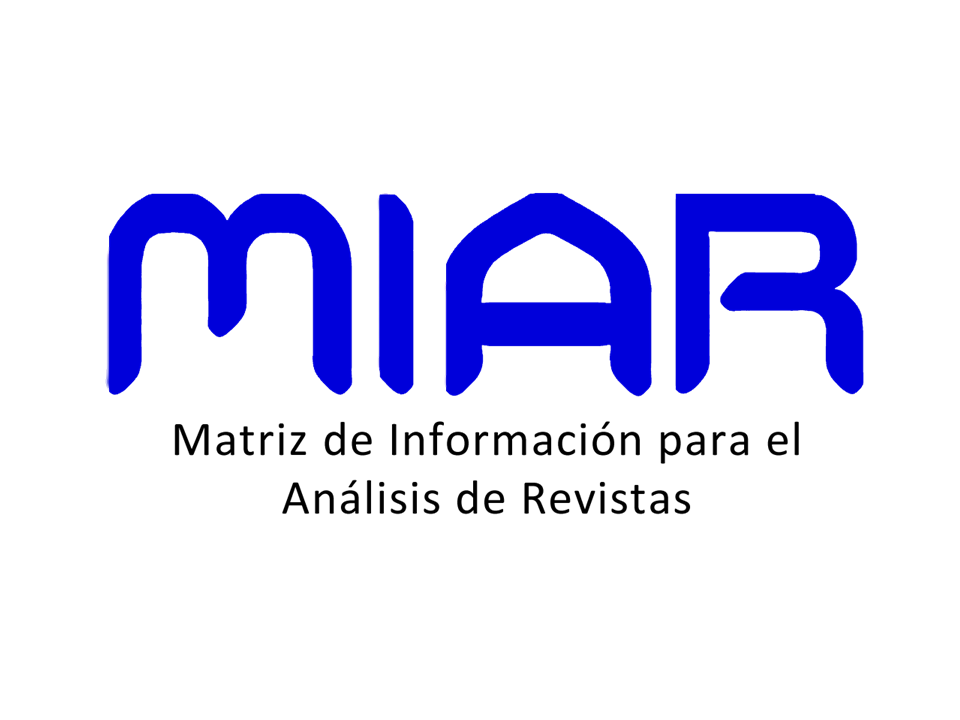NOMES EM –NTE: RECATEGORIZAÇÃO DO PARTICÍPIO PRESENTE E FLUIDEZ CATEGORIAL
Keywords:
Nouns in –nte, Recategorization, Categorical fluctuation, Usage-based Functional LinguisticsAbstract
We analyze, in this paper, the use of nouns in –nte, instances of the construction [[X]V –nte]N, whose origin is the Latin present participle. We intend to discuss the recategorization of the participle present in noun and the categorical fluctuation that nouns in –nte present between the categories of noun and adjective, taking in account formal and functional properties of these nouns, as well as motivations and mechanisms involved in these processes. The theoretical framework is the Usage-based Functional Linguistics (FURTADO DA CUNHA; BISPO, 2013). Methodologically, it is qualitative research, with quantitative support, and descriptive explanatory as to its objectives. The data come from samples of Portuguese written between the 13th and 20th centuries, which highlights the diachronic bias of the research. The recategorization of the present participle was a process of multidirectional change that took place in Latin, made possible by the loss of features of the participle category, the paradigm shift of the suffix –nte and the exaptation of the present participle. The categorical fluctuation between the nouns in –nte is motivated by the contiguity of the noun and adjective categories, which implies a metonymic mapping. Neoanalysis is the main mechanism of change involved in both cases.










